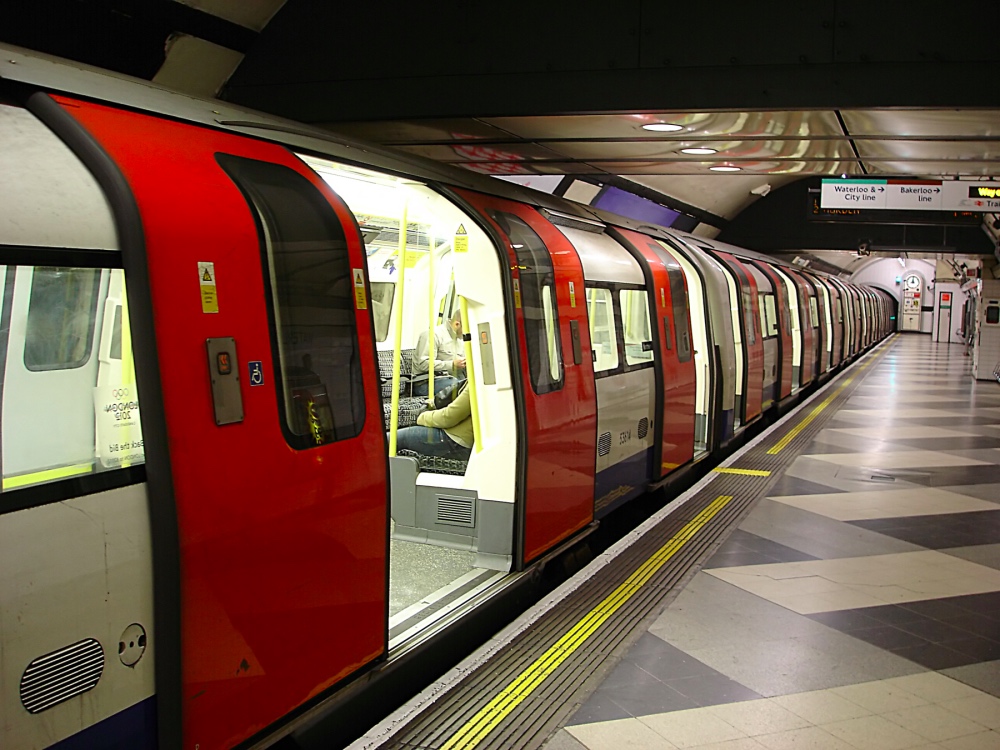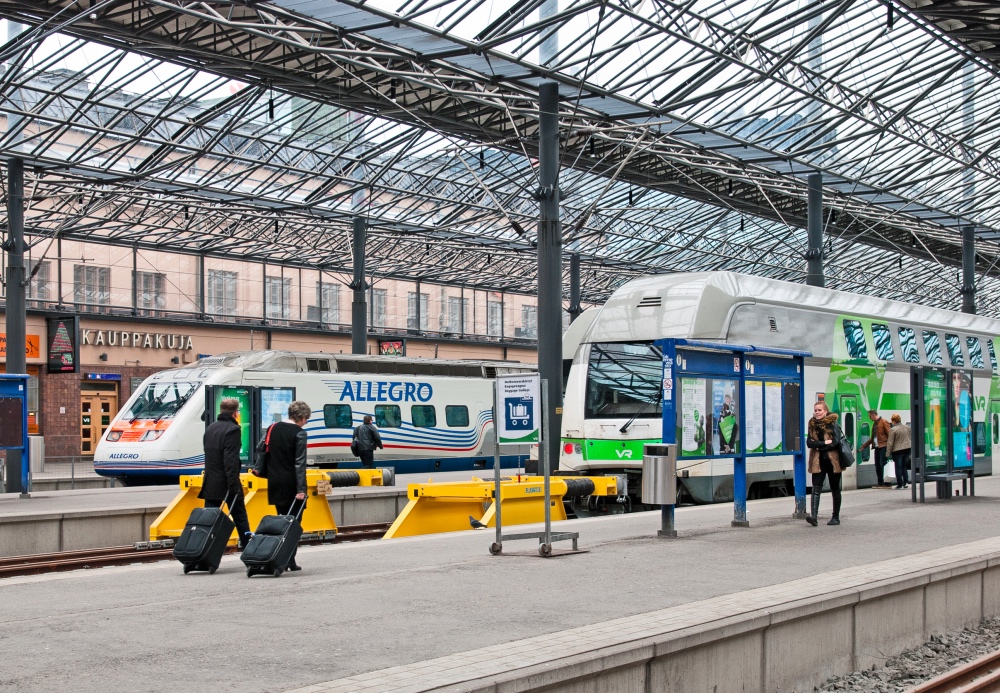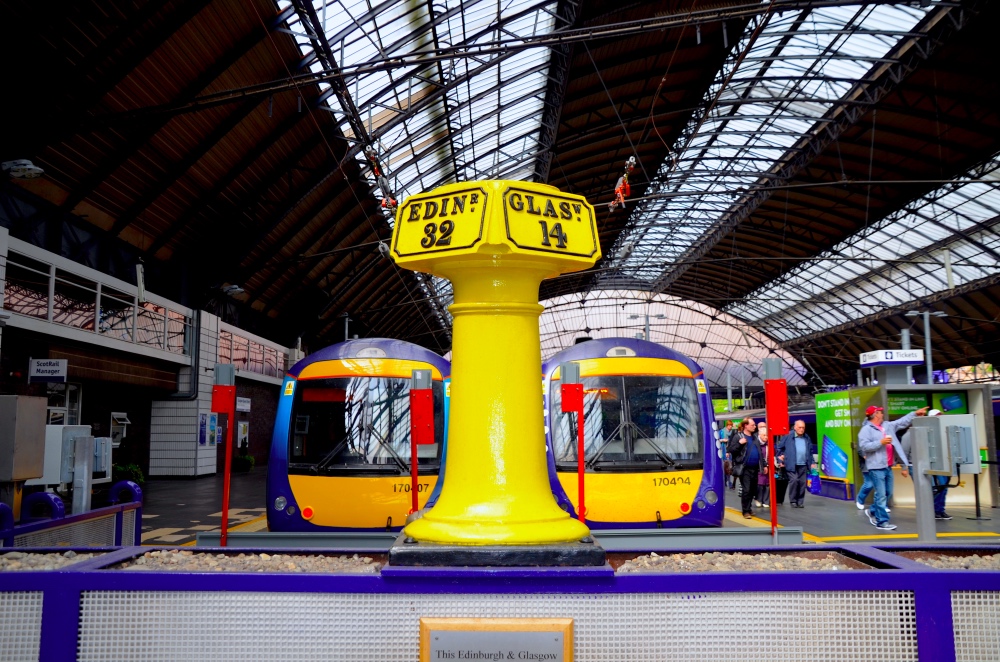Defining MaaS
Mobility-as-a-Service (MaaS) describes the concept of seamless travel within a pre-defined geographic region. According to Deloitte, MaaS relies on a digital platform that integrates end-to-end trip planning, booking, electronic ticketing and payment services across all modes of transportation, public or private. Put simply, MaaS platforms should allow passengers to easily plan and book door-to-door trips using a single smartphone app.

Thus far, MaaS adoption and implementation has faced a number of challenges. As a 2015 study by UCL Energy Institute for the UK Department of Transport points out, the majority of current transport networks are the byproducts of earlier systems that were designed to serve societies with different characteristics. As Deloitte succinctly summarizes: “The complexity involved in delivering a service that spans multiple modes of transportation, with multiple providers, for a single, discounted fare has stymied many an offering.”
Consequently, future MaaS scenarios will likely require an integrated end-to-end version of “pay-as-you-go,” where users pay for the entire trip from point A to point B and there is pricing integration across modes. In addition, Deloitte envisions a system that would manage physical gates, with personnel checking identification and managing fraud.
MaaS in the San Francisco Bay Area?
The notion of MaaS in the Bay Area was recently discussed by Jack Opiola of ITS International, who interviewed Tilly Chang of the San Francisco County Transportation Agency.
According to Opiola, Chang has “embraced” the concept of MaaS, with an eye on Treasure Island, which is linked to San Francisco and Oakland via the Bay Bridge. Treasure Island also has multiple mobility options, including bus, water taxi (ferry), cycling and private car. A MaaS-based mobility management approach could therefore potentially benefit multiple stakeholders.
“For the traveler, MaaS can help plan, book and pay for their trip,” writes Opiola. “Information and analytics can provide multiple aspects of their trip, [such as] price, cost, reliability, calories burned [and] emissions footprint.”

With regards to the city, says Opiola, a publicly managed MaaS platform could enable a more efficient deployment of resources, while serving as a platform for marketing sustainable transportation options and facilitating demand management through pricing and rewards. For services providers, MaaS would represent a major channel for the distribution of various products and services.
“Currently, San Francisco is planning to explore the possibilities of implementing MaaS services with a host of partners and this will also include evaluating the strength of support for the concept in other Californian cities and the state’s central government,” he adds. “[Nevertheless] there remains uncertainty about whether a distributed and independent set of public and private operators could provide a system-wide, account-based, collaborative program to manage demand on, for instance, Treasure Island.”
Implementing MaaS in Finland
Although still at a relatively nascent stage from a global perspective, MaaS received a major boost in Finland earlier this year when the country’s Act on Transport Services went into effect.
According to Keith Barrow of the International Railway Journal, the legislation sets an international precedent for the availability of data on transport services. More specifically, writes Barrow, the Finnish government wants to offer a legal basis for digitalization and fresh business paradigms in the transport sector by encouraging the interoperability of data and information systems. This effectively eliminates mode-specific regulations on transport service information, thereby creating a level playing field for all operators.

As an example, while the new legislation permits Uber to operate in Finland, it stipulates that the company, along with every other transport operator in the country, is required to open its Application Programming Interface (API) and data. In addition, the legislation mandates that Uber must allow third-party providers to buy and resell Uber rides through their own applications.
“The act will be a key enabler for the broader implementation of Mobility as a Service (MaaS), a concept which integrates different transport services including public transport, taxis, car hire, walking and car, ride or bike-sharing into a single on-demand mobility service,” he elaborates. “As the cradle of the MaaS concept, Finland is creating an ecosystem in which integrated on-demand mobility solutions can thrive.”
The MaaS-CIPURSE connection
The non-proprietary CIPURSE security specification was first established by the Open Standard for Public Transportation (OSPT) Alliance in late 2010. Targeted primarily, but not exclusively, at the public transport sector, CIPURSE addresses the current and future automated fare collection system requirements of local, regional and national transit authorities.
As we’ve previously discussed on Rambus Press, the CIPURSE standard is a natural fit for MaaS type solutions which are built around open APIs. This is because CIPURSE does not stipulate a specific ticket format, effectively creating a trusted, multi-supplier platform that addresses the life-cycle of the ticket wallet – be it smart card, Secure Element (SE) or HCE on a mobile Android handset. Essentially, CIPURSE helps promote competition, both in terms of pricing and innovation, while also encouraging the continued evolution of differentiated solutions.

As is illustrated by the Glasgow Subway which has announced a pilot HCE solution, mobile applications facilitating seamless transport represent the future of smart ticketing and travel.
By basing these applications on open platforms, there is a real opportunity to bring transit ticketing into the 21st century in a form that meets the expectations of modern commuters. The OSPT Alliance CIPURSE specification aligns particularly well with the open APIs of MaaS, allowing CIPURSE to act as an enabling platform for a wide range of current and future MaaS services. Moreover, CIPURSE provides easy access to a multi-supplier backed definition of a robust, independently validated security protocol, offering a viable alternative to the proprietary solutions that have traditionally dominated the transport sector.
Interested in learning more about smart travel? You can check out our article archive on the subject here.
